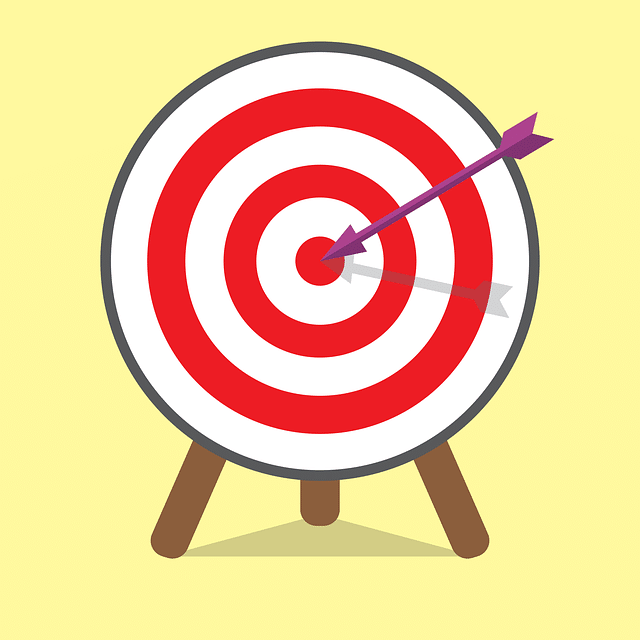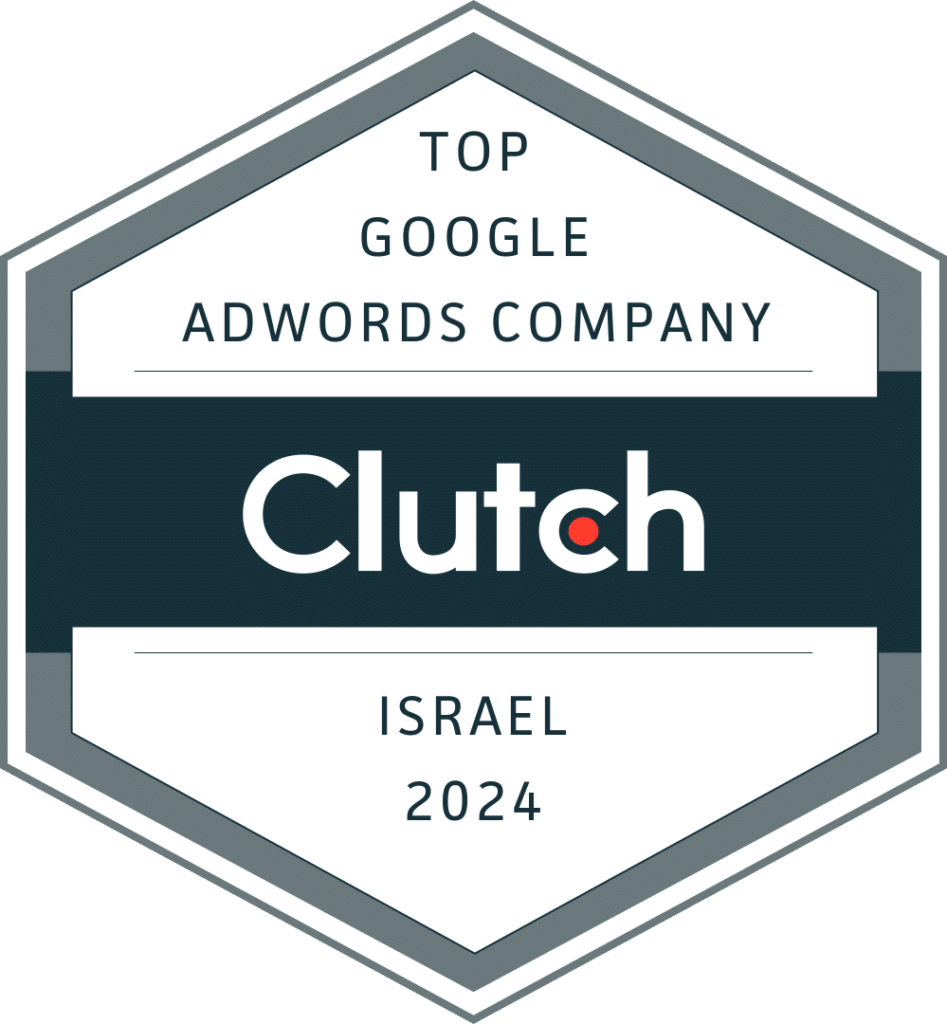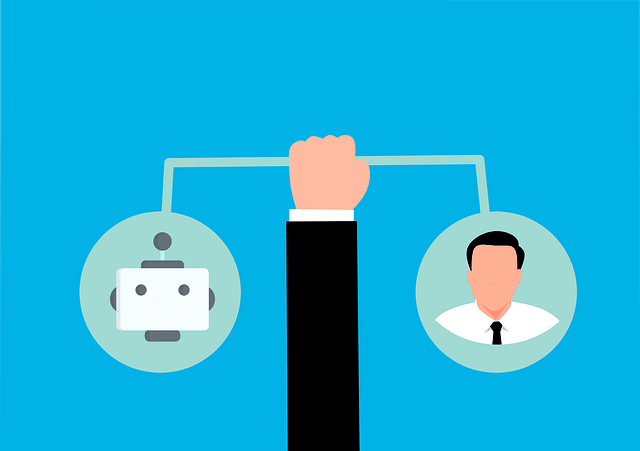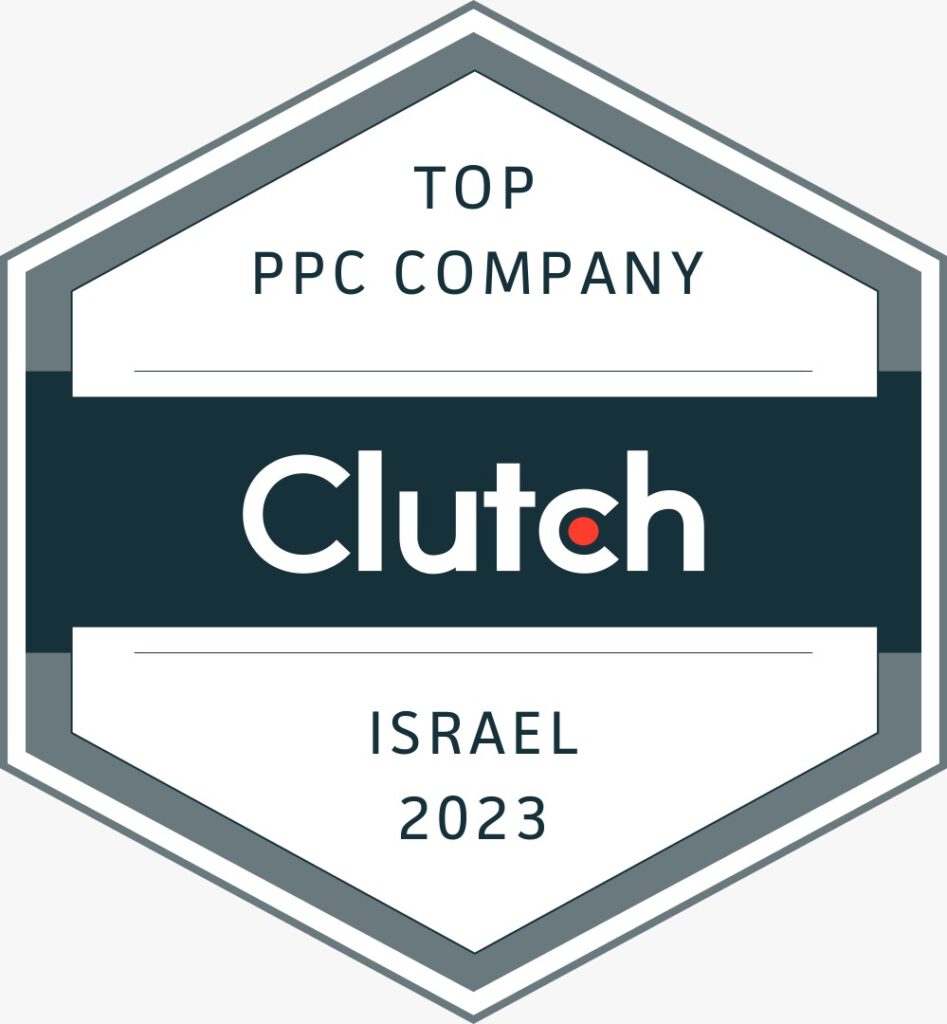Introduction
In the realm of digital marketing, pay-per-click (PPC) advertising has become an essential tool for businesses to drive traffic, generate leads, and increase conversions. As PPC campaigns grow increasingly complex, the question arises: Is it more effective to rely on human expertise or turn to machine-driven solutions for managing these campaigns?
In this article, we will explore the advantages and disadvantages of human and machine PPC advertising management, helping you make an informed decision for your business.
Human PPC Advertising Management
Expertise and Creativity
Human PPC managers possess a deep understanding of marketing strategies, consumer behavior, and the ability to develop creative ad copy.
They can adapt quickly to changing market trends, identify new opportunities, and implement personalized campaign strategies tailored to your business goals.
Human managers can leverage their industry knowledge and intuition to make strategic decisions that may go beyond the scope of automated tools.
Flexibility and Customization
Human managers can provide a high level of customization, considering specific business requirements, industry nuances, and target audience preferences.
They can manually adjust bid strategies, allocate budgets, and optimize campaigns based on real-time performance data and feedback.
Relationship Building
Human PPC managers can establish strong relationships with clients, understanding their unique business objectives, and aligning PPC campaigns accordingly.
They provide a personalized touch, offering insights, recommendations, and continuous communication, which helps build trust and fosters long-term partnerships.
Machine PPC Advertising Management
Efficiency and Scale
Machine-driven PPC management platforms can process large volumes of data at incredible speed, allowing for rapid campaign optimizations and quick decision-making.
Automated tools can analyze vast amounts of historical data, identify patterns, and make data-driven optimizations to maximize campaign performance.
Precision and Targeting

Machine algorithms can leverage advanced targeting capabilities, such as demographic profiling, keyword optimization, and audience segmentation, to ensure ads reach the most relevant audience.
Automated tools can dynamically adjust bids, ad placements, and ad scheduling to optimize for conversions and return on investment (ROI).
Cost-Effectiveness
Machine PPC management solutions can potentially reduce costs by eliminating manual labor and streamlining campaign processes.
They can identify underperforming keywords or low-converting ad placements and automatically adjust or eliminate them, maximizing the efficiency of your advertising budget.
Conclusion
When it comes to PPC advertising management, there is no one-size-fits-all approach. Both human and machine-driven solutions have their own strengths and weaknesses. Human managers offer creativity, adaptability, and personalized strategies, while machines provide efficiency, precision, and scalability. Ultimately, the best approach may involve a combination of human expertise and machine automation, where human managers leverage the power of automated tools to enhance campaign performance and achieve optimal results. It’s important to evaluate your business objectives, available resources, and preferences to determine the right balance for your PPC advertising management strategy.













